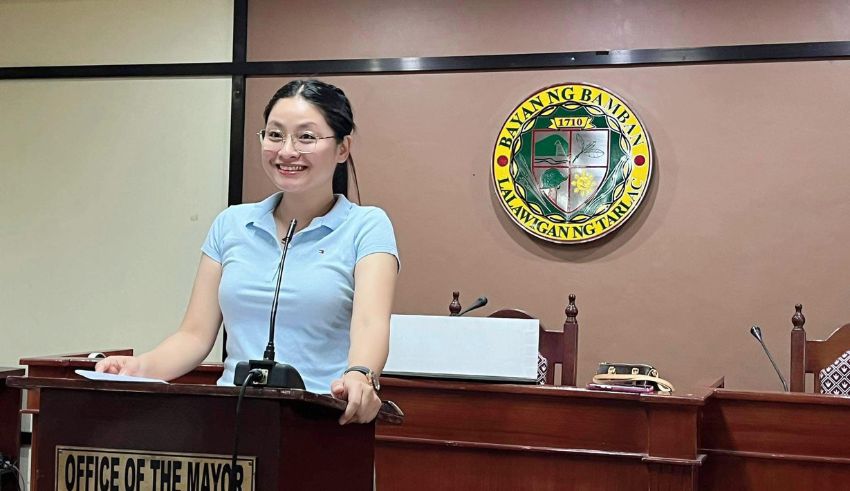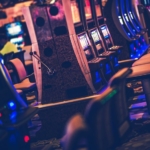
The case of Mayor Alice Guo has brought attention to the Philippine offshore gaming operations (POGO) sector and exposed a complex network of dubious tactics, national security ramifications, and intrigues. A more thorough analysis is called for of the fallout from this high-stakes drama.
Compound Escape at Baofu
Vietnamese patriot Nguyen Minh Duc bravely broke out of the Baofu facility in Bamban, Tarlac, on February 25, 2024. The biggest POGO facility in the Philippines, Baofu, had developed into an offshore gambling operations stronghold. Known by his nickname “Danny,” Duc jumped out of a gate behind the dorm area and threatened to commit suicide if security personnel didn’t let him go. There were marks on his torso and neck, suggesting physical abuse. Seven guards followed him, according to the later investigation, and police officers pressed him to sign a “affidavit of desistance.” The way Duc escaped prepared the ground for more investigation.
The PAOCC Raid, Presidential Anti-Organized Crime Commission
After Duc escaped, Malaysian national Dylan—who had also been detained at the Baofu compound—tipped off the PAOCC. The Malaysian government requested help to save its nationals who had been harmed by POGO operators. Using a search warrant for major illegal detention and human trafficking breaches, PAOCC agents raided Baofu on March 13, 2024. Reports did, however, suggest that plans had been leaked because some foreigners had already left the compound. The raid revealed a world of abuse and exploitation that was the dark side of POGO operations.
Operation of Mayor Alice Guo
One important person who surfaced was Bamban town mayor Alice Guo. Her crucial part in enabling a secretive entity to make a large investment in a Chinese-funded company caused controversy. At first linked to POGOs, the company grew into an untouchable network including 38 buildings. Not even the Philippine Amusement and Gaming Corp. (Pagcor) was able to access much of the hub, save for three floors set aside for POGO activities. Pagcor eventually took back the license it had granted. Investigative focus now centers on Guo’s purported ties and her part in this mysterious business.
Keep Reading
National Security Consequences of the Senate Inquiry
The Senate is looking at POGOs extensively through three panels chaired by Senator Risa Hontiveros. The emphasis now is on Mayor Guo’s purported criminal connections and her role in the vast POGO network. Citing the negative effects of the sector exceeding its economic advantages, Hontiveros and Senator Sherwin Gatchalian support a complete prohibition of POGO. With the executive session still ongoing, the country is debating the effects of the Alice Guo incident and the fundamental nature of POGO activities and their bearing on national security.
For the Philippines, the disclosures resulting from the POGO investigations are significant. The industry’s links to illegal imprisonment, corruption, and human trafficking seriously jeopardize national security. Moreover, the penetration of local government by dubious foreign investors exposes weaknesses in regulatory enforcement and supervision.
Close: An Appeal for Responsibility
The Alice Guo case emphasizes how urgently strong regulatory changes and tough enforcement procedures are needed to protect national interests. At once regarded as a financial blessing, the POGO sector is now emerging as a possible Trojan horse that could undermine Philippine society and government.
The government must move decisively as the Senate investigation develops to destroy criminal networks and bring individuals who take advantage of and misuse legal and regulatory gaps responsible. The lessons discovered from this incident ought to force a thorough examination of the POGO sector and its laws to make sure that commercial operations do not jeopardize the security and integrity of the country.


























